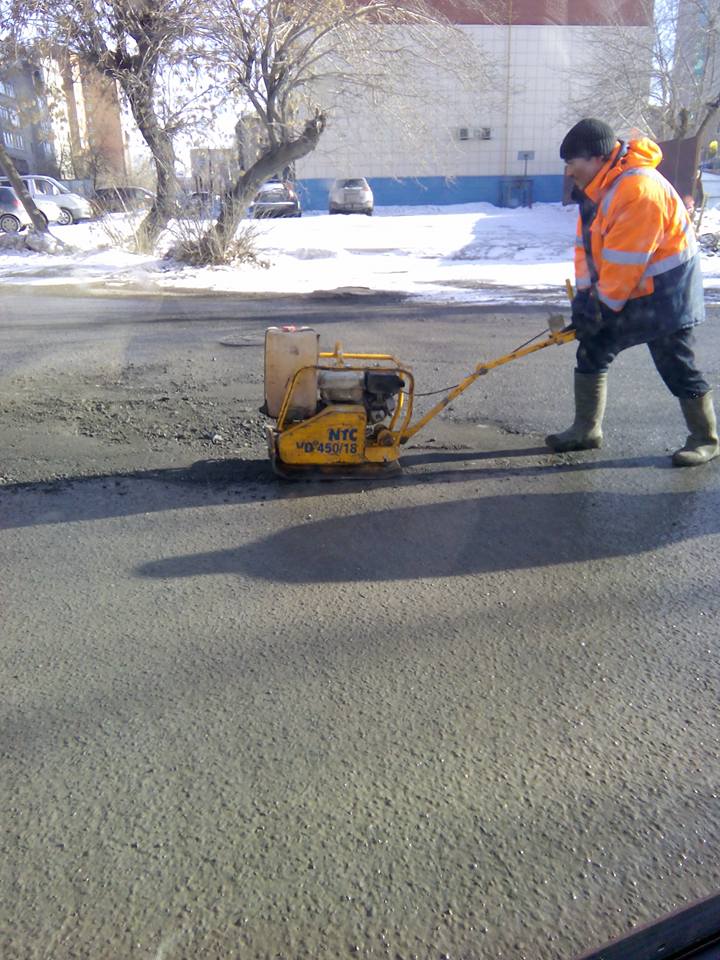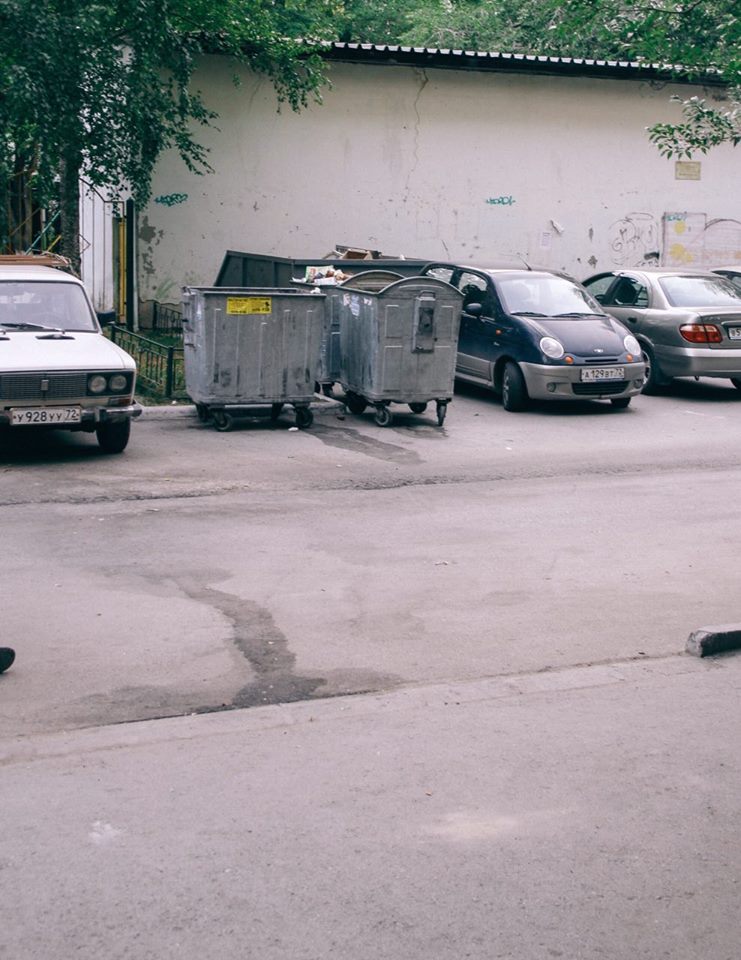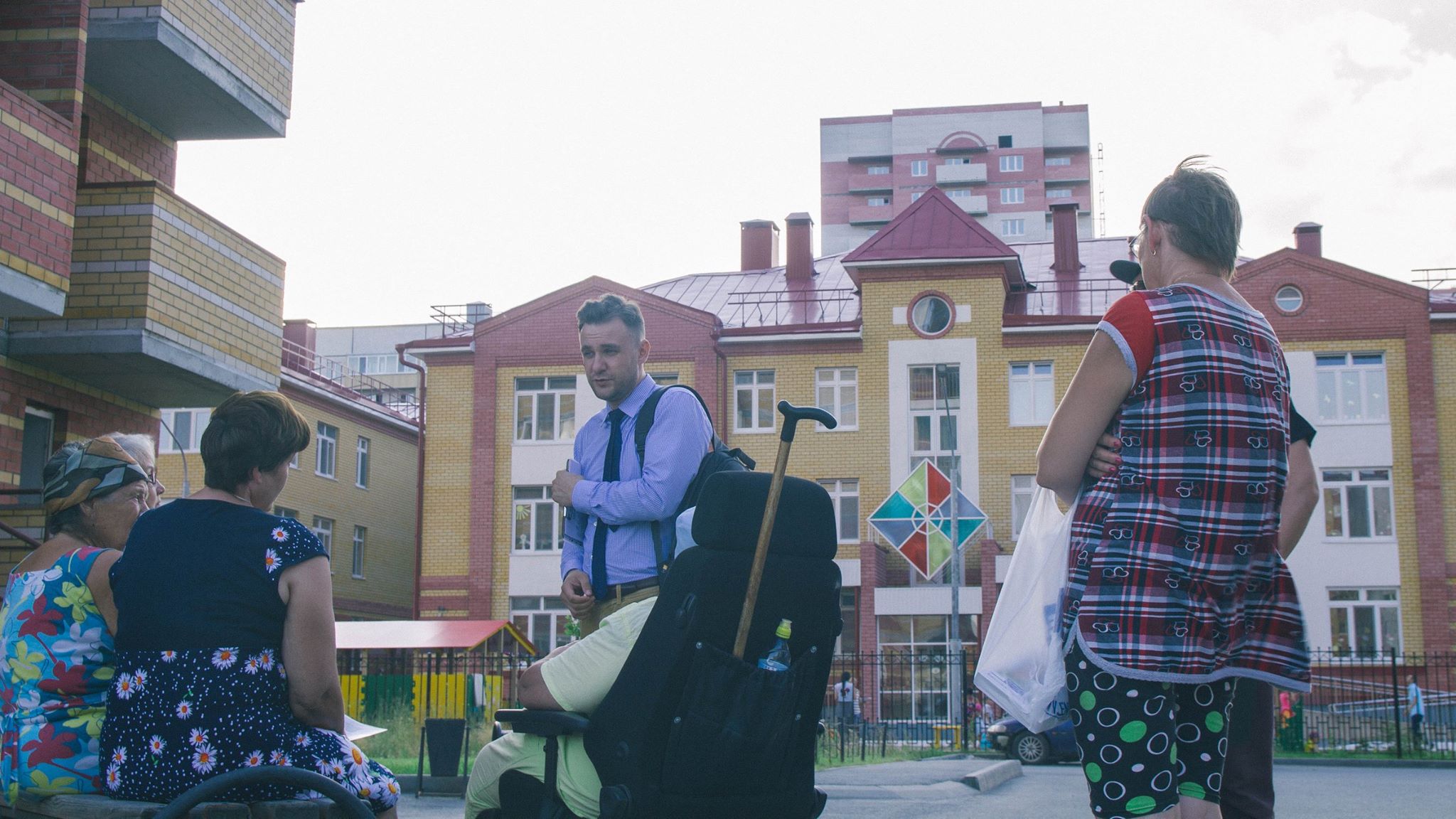Where does the money go?
Unfettered access to Russia for people from undeveloped countries is championed by those who shy away from the real problems facing the country.

Alexandr Kunilovskiy
Although the introduction of visas for Central Asia is a highly controversial issue, it is in fact a no-brainer. The authorities welcome ‘Tajiks’ with open arms, but turn their noses up at qualified professionals from the West and elsewhere; or at the very least make it harder for them to enter Russia. But the fact is that we have absolutely nothing in common with the traditional Islamic cultures of Tajikistan, Uzbekistan and Kyrgyzstan, yet with Europe we share close cultural and economic ties. Our universities teach German and French, not Uzbek. Russia is part of Europe. Always has been, always will be.
Let’s switch to the language of numbers and analyse the main ‘arguments’ of the pro-migration camp, which favours the ‘near abroad.’ “Who’s going to sweep the yard?” is a common refrain. I’ll give a simple example in reply. My block of flats used to be managed by a homeowner association, and the yard was kept spick-and-span by a retired surgeon for 8-9 thousand roubles a month. As soon as a management company got hold of our building, the service charge for cleaning the surrounding area rose by 50%, but the job was taken over by a ‘Tajik’ on a salary of 4-5 thousand roubles. The difference was pocketed by the company.
Given the hard cash we pay for cleaning services, and the fact that a janitor could realistically cater for 3-4 blocks, they could earn 35-45 thousand roubles, comparable to a university graduate in a specialist field. If the government were to address the problem of social housing and develop a programme to adapt Russia’s rural population to urban living, there would be no problems with cheap labour, and we would drag hundreds of thousands (perhaps millions) of fellow citizens out of the alcoholic abyss.

Now let’s discuss construction. “Migrant labour reduces the cost of housing,” we are told. Has anyone noticed a fall in property prices? Not me. But I’ve had more than an earful about a simple money-making scheme: the developer gives a bribe to the official responsible for distributing building plots, and then to the commission overseeing the project. The house gets built and the profit is split, with the lion’s share ending up in the developer’s pocket – profit, incidentally, that comes from exploiting illegal migrant workers. House prices are in any case determined by the market, so it’s in the developer’s interest to increase its margins by hook or by crook.
Later, these self-same officials solemnly declare the need for a speedy solution to social problems in new regions, meaning that schools, kindergartens, parks and roads get built at taxpayers’ expense. According to some estimates, only 20% of investments go towards housing, while the remaining 80% gets spent on critical infrastructure. Thanks to corrupt officials, the bulk of the expense (the same figure of 80%) is shouldered by the public purse. And migrants are a great way for developers to earn more without having to worry about providing costly new technologies or raising productivity.
The problem of migrant labour seemingly caught Russia unawares
The problem of migrant labour seemingly caught Russia unawares. In the 1990s no one really thought about it, since it was the least of people’s woes. Today, however, the problem is stark, but instead of retraining workers from the depressed regions of the Russian hinterland and improving social mobility through internal migration, our officials prefer to turn a blind eye.
According to official data, Russia is home to 4 million unemployed (closer to 5-6 million if the unregistered and under-employed are added). Officials employed by the state from top to bottom number 5 million, and people in uniform around 3.5 million. These figures should be cut by at least a third. Roughly 7 million people work in agriculture, but given that their productivity is 8-9 times lower than in developed countries, about half of them could be resettled in the urban centres. What’s more, the Soviet Union bequeathed Russia many towns rashly flung up north of the Arctic Circle.
Their residents should be viewed as potentially mobile and offered options for resettlement if they wish to move. All in all, our economy’s spare HR capacity numbers around 10 million pairs of hands, largely made up of Russia’s indigenous population. The opportunity is there to improve the quality of life of our own people, and it should be seized.

One of Russia’s main problems is low labour productivity. In the manufacturing industry, the figure for Russia is roughly 40% that of Brazil and just a third that of South Africa. Poland’s labour productivity is double. In Germany, the value added per manufacturing worker is ten times higher than in Russia, which ranks at about the same level as China. It’s clear that Russia’s addiction to cheap, disenfranchised migrant workers is dampening corporate incentives to upgrade manufacturing facilities, which means that some industries might as well forget about upping productivity.
One of Russia’s main problems is low labour productivity
Let’s compare the situation in developed countries. In Britain, employers issue work permits to more than 100,000 migrants a year, mostly IT specialists (20%) and health professionals (23%). The United States hands out 140,000 work permits, most of them to highly qualified technical specialists, doctors, programmers, interpreters, etc. All host countries in the developed world impose stringent requirements on newcomers’ level of education and professional experience. Why can’t Russia attract a few skilled entrepreneurs and professionals from developed countries by facilitating visas and work permits?
Various studies show that the average earnings of a migrant from Central Asia is 30,000 roubles a month. Counting only those officially registered in Russia (10 million, according to the Federal Migration Service), we find that migrants in Russia earn around 3.6 trillion roubles annually. Therefore, even the most conservative estimates point to losses of 1.6 trillion roubles for the country’s budget and pension fund.
Let’s suppose that migrants spend 30% of their earnings (1.2 trillion roubles) on themselves. That means a sum of 2.4 trillion roubles ($37.5 billion at 64 roubles to the dollar) departs Russia in the form of remittances every year. And that’s just the official figures.
According to Dmitry Medvedev, indexing pensions in 2017 will require 270 billion roubles. Given that Russia’s pension fund loses 792 billion roubles (22% of 3.6 trillion) every year in direct losses alone, it seems that migrant earnings spent outside Russia would cover the index-linking of pensions almost three times over.
I will not dwell here on migrant crime, labour market pressure or the cost of maintaining the infrastructure they use. That’s a separate topic, and a major one at that.
As I see it, Russia’s long-term interests would be best served by increasing the urbanisation and mobility of its presently low-skilled labour force. With that in mind, visas for Central Asia are a must, along with quotas to take in only qualified experts from the region.
In parallel with the introduction of visas for Central Asia, we need to facilitate internal labour migration and improve the mobility of Russia’s own population through relocation allowances, subsidies on accommodation, low-cost mortgages and social housing programmes.
Russia should unilaterally scrap visas and introduce equal work rights for people from developed countries
Next, Russia should unilaterally scrap visas and introduce equal work rights for people from developed countries (the EU, the US, Japan, South Korea). Foreign companies should have the right to take part in Russia’s state procurement system.
Lastly, the pros and cons of Russia’s EAEC membership with Kyrgyzstan, Kazakhstan and Armenia need to be properly assessed, whereupon the latter would outweigh the former. We need to learn from best practices and compete with Europe’s finest, not open our market to producers from countries whose manufacturing and management culture prevents us from competing in the global market.
Alexandr Kunilovskiy is standing as a candidate for the Duma, in Tyumen, supported by Open Russia



